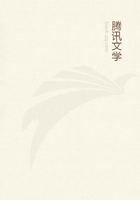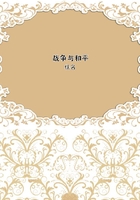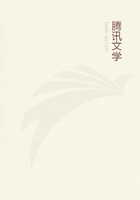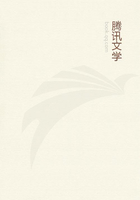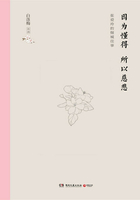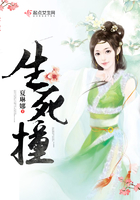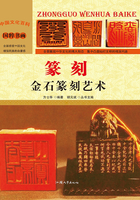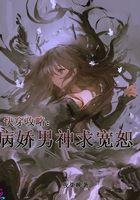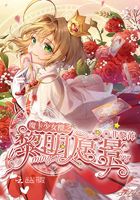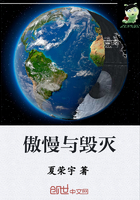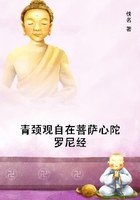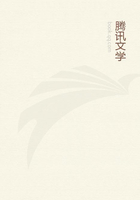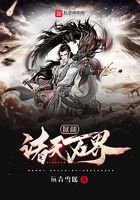Confucius, who loved his people, tried to save them. He did not have much faith in the use of violence. He was a very peaceful person. He did not think that he could make people over by giving them a lot of new laws. He knew that the only possible salvation would come from a change of heart, and he set out upon the seemingly hopeless task of changing the character of his millions of fellow men who inhabited the wide plains of eastern Asia. The Chinese had never been much interested in religion as we understand that word. They believed in devils and spooks as most primitive people do. But they had no prophets and recognised no "revealed truth." Confucius is almost the only one among the great moral leaders who did not see visions, who did not proclaim himself as the messenger of a divine power; who did not, at some time or another, claim that he was inspired by voices from above.
He was just a very sensible and kindly man, rather given to lonely wanderings and melancholy tunes upon his faithful flute. He asked for no recognition. He did not demand that any one should follow him or worship him. He reminds us of the ancient Greek philosophers, especially those of the Stoic School, men who believed in right living and righteous thinking without the hope of a reward but simply for the peace of the soul that comes with a good conscience.
Confucius was a very tolerant man. He went out of his way to visit Lao-Tse, the other great Chinese leader and the founder of a philosophic system called "Taoism," which was merely an early Chinese version of the Golden Rule.
Confucius bore no hatred to any one. He taught the virtue of supreme self-possession. A person of real worth, according to the teaching of Confucius, did not allow himself to be ruffled by anger and suffered whatever fate brought him with the resignation of those sages who understand that everything which happens, in one way or another, is meant for the best.
At first he had only a few students. Gradually the number increased. Before his death, in the year 478 B.C., several of the kings and the princes of China confessed themselves his disciples.
When Christ was born in Bethlehem, the philosophy of Confucius had already become a part of the mental make-up of most Chinamen. It has continued to influence their lives ever since. Not however in its pure, original form. Most religions change as time goes on. Christ preached humility and meekness and absence from worldly ambitions, but fifteen centuries after Golgotha, the head of the Christian church was spending millions upon the erection of a building that bore little relation to the lonely stable of Bethlehem.
Lao-Tse taught the Golden Rule, and in less than three centuries the ignorant masses had made him into a real and very cruel God and had buried his wise commandments under a rubbish-heap of superstition which made the lives of the average Chinese one long series of frights and fears and horrors.
Confucius had shown his students the beauties of honouring their Father and their Mother. They soon began to be more interested in the memory of their departed parents than in the happiness of their children and their grandchildren. Deliberately they turned their backs upon the future and tried to peer into the vast darkness of the past. The worship of the ancestors became a positive religious system. Rather than disturb a cemetery situated upon the sunny and fertile side of a mountain, they would plant their rice and wheat upon the barren rocks of the other slope where nothing could possibly grow. And they preferred hunger and famine to the desecration of the ancestral grave.
At the same time the wise words of Confucius never quite lost their hold upon the increasing millions of eastern Asia.
Confucianism, with its profound sayings and shrewd observations, added a touch of common-sense philosophy to the soul of every Chinaman and influenced his entire life, whether he was a simple laundry man in a steaming basement or the ruler of vast provinces who dwelt behind the high walls of a secluded palace.
In the sixteenth century the enthusiastic but rather uncivilised Christians of the western world came face to face with the older creeds of the East. The early Spaniards and Portuguese looked upon the peaceful statues of Buddha and contemplated the venerable pictures of Confucius and did not in the least know what to make of those worthy prophets with their far-away smile. They came to the easy conclusion that these strange divinities were just plain devils who represented something idolatrous and heretical and did not deserve the respect of the true sons of the Church. Whenever the spirit of Buddha or Confucius seemed to interfere with the trade in spices and silks, the Europeans attacked the "evil influence" with bullets and grape-shot. That system had certain very definite disadvantages. It has left us an unpleasant heritage of ill-will which promises little good for the immediate future.

